Ceasefire draft gives Israel 60 days to smash Hezbollah threat
Proposal allows Israel to continue striking Lebanon, but that could face resistance from Hezbollah and the Lebanese government.
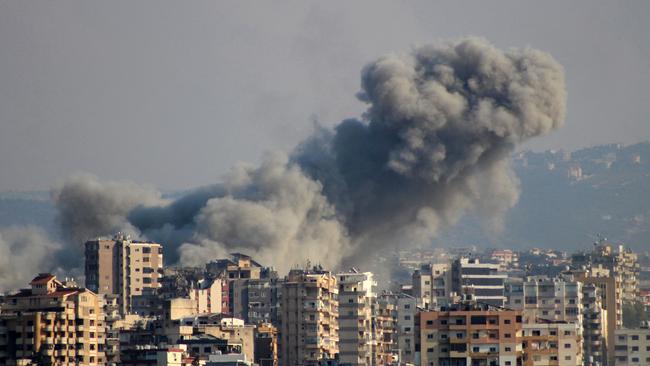
Senior US officials are in Israel discussing a draft agreement to end the war in Lebanon that would allow Israel to continue striking Lebanon for a two-month period, a proposal likely to face steep resistance from both Hezbollah and the Lebanese government over concerns it violates the country’s sovereignty.
The deal, a draft of which was viewed by The Wall Street Journal, includes an agreement between the US and Israel that would allow Israeli forces to strike Lebanon during a 60-day interim period in response to imminent threats. The deal calls for enforcement of UN resolutions including Security Council Resolution 1701, which ended the last war between Israel and Hezbollah in 2006.
The draft proposal also calls for Israel to withdraw its forces from Lebanon after a week, after which time the Lebanese armed forces would deploy in the south to assist in dismantling military infrastructure related to Hezbollah and other non-state militias.
The Israeli security establishment is pushing for a diplomatic solution in Lebanon, believing it is close to attaining many of the goals it set out to achieve. But people close to Israeli Prime Minister Benjamin Netanyahu don’t expect a deal before the US elections, said a person familiar with his thinking.
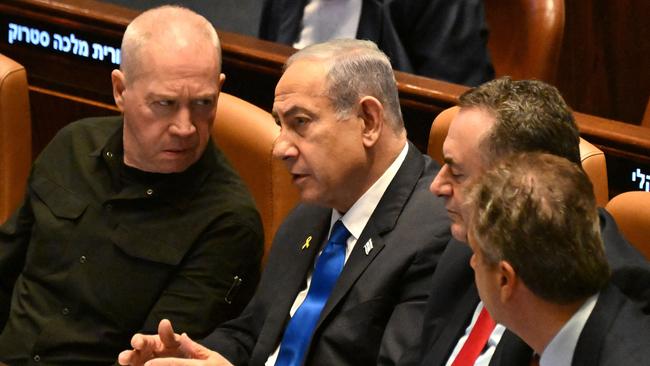
Neither Hezbollah nor the Lebanese government has accepted the proposal, which they say gives Israel too much leeway to continue attacking over the border, according to Lebanese and other Arab officials involved in the negotiations. Lebanese officials say they don’t want to publicly shoot the deal down because the document allows room for continued negotiations that could eventually end the war, according to Arab officials.
The proposal is expected to be part of discussions led by senior US officials who flew to the region this week in a renewed push by the Biden administration to end the wars in both Gaza and Lebanon. CIA director William Burns met with Egyptian officials in Cairo, while top White House officials Amos Hochstein and Brett McGurk met in Israel with Mr Netanyahu and Defence Minister Yoav Gallant.
The Israeli Prime Minister’s office said Mr Netanyahu, at the start of his meeting with Mr Hochstein on Thursday night, “made it clear the main point is not this or that agreement on paper but Israel’s ability and determination to enforce the agreement and thwart any threat to its security from Lebanon”.
Michael Erik Kurilla, head of US Central Command, also arrived in Israel on Thursday and was expected to travel to Jordan, a US official said.
The American effort to defuse the Middle East crisis comes days before the US presidential election and at a critical time in both Gaza and Lebanon. Israel has launched thousands of airstrikes in Lebanon that have killed an array of top Hezbollah leaders and destabilised the country, uprooting hundreds of thousands of people from their homes. In Gaza, a continuing humanitarian crisis is deepening amid heightened concerns about the fate of Israeli hostages held by Hamas.
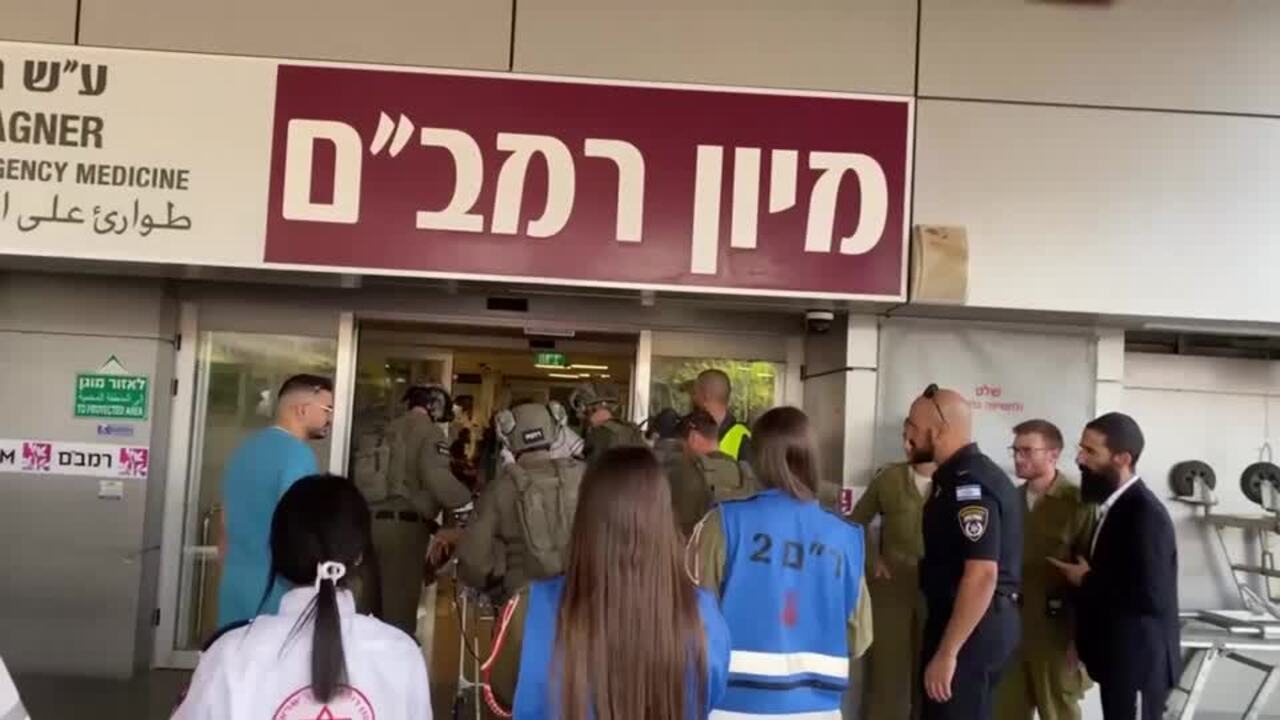
Secretary of State Antony Blinken, speaking in Washington on Thursday, said Israel had achieved its stated objective of dismantling Hamas militarily. “This would be the time to move to end the war,” Mr Blinken said.
Hezbollah told mediators the 60-day transition period also opens the door for Israel to continue what it calls aggression in Lebanon. The Lebanese militant group also says it is opposed to modifying Resolution 1701, which called for both sides to cease fire, a withdrawal of Israeli forces from Lebanon, an end to Israeli overflights over Lebanon, and for Hezbollah to pull its forces back from areas near the Israeli border.
Israel’s military and other security forces are beginning to press for a deal in Lebanon, arguing that they have achieved many of their goals by striking against Hezbollah, including degrading its missile arsenal. “We’re definitely at a point where it’s important to take advantage of Israel’s huge operational achievements, namely destroying Hezbollah’s entire leadership,” said an Israeli official. “All negotiations would be done under fire. Nobody is agreeing to a ceasefire to negotiate an agreement.”
One sign of progress in current negotiations is that Hezbollah has privately signalled a willingness to de-link the negotiations over Lebanon from the war in Gaza after a year in which they have said they would stop striking Israel only in the event of a ceasefire in Gaza, Arab officials said.
The Wall Street Journal

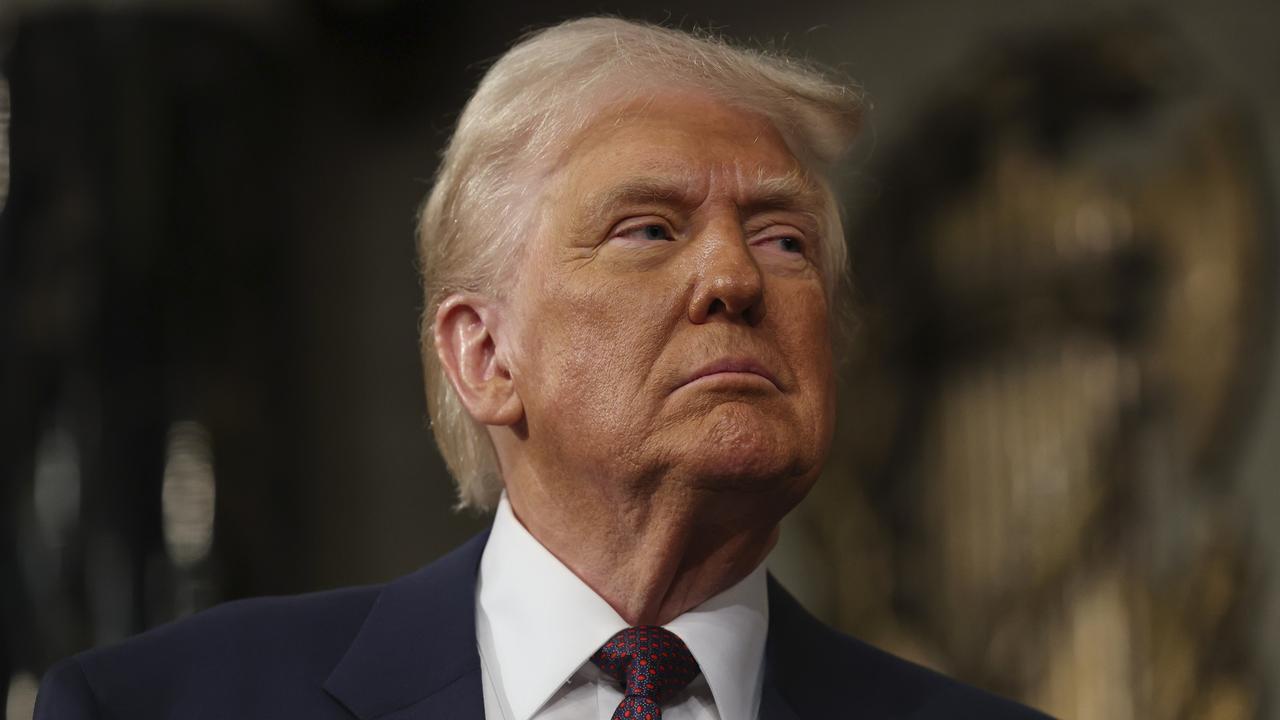
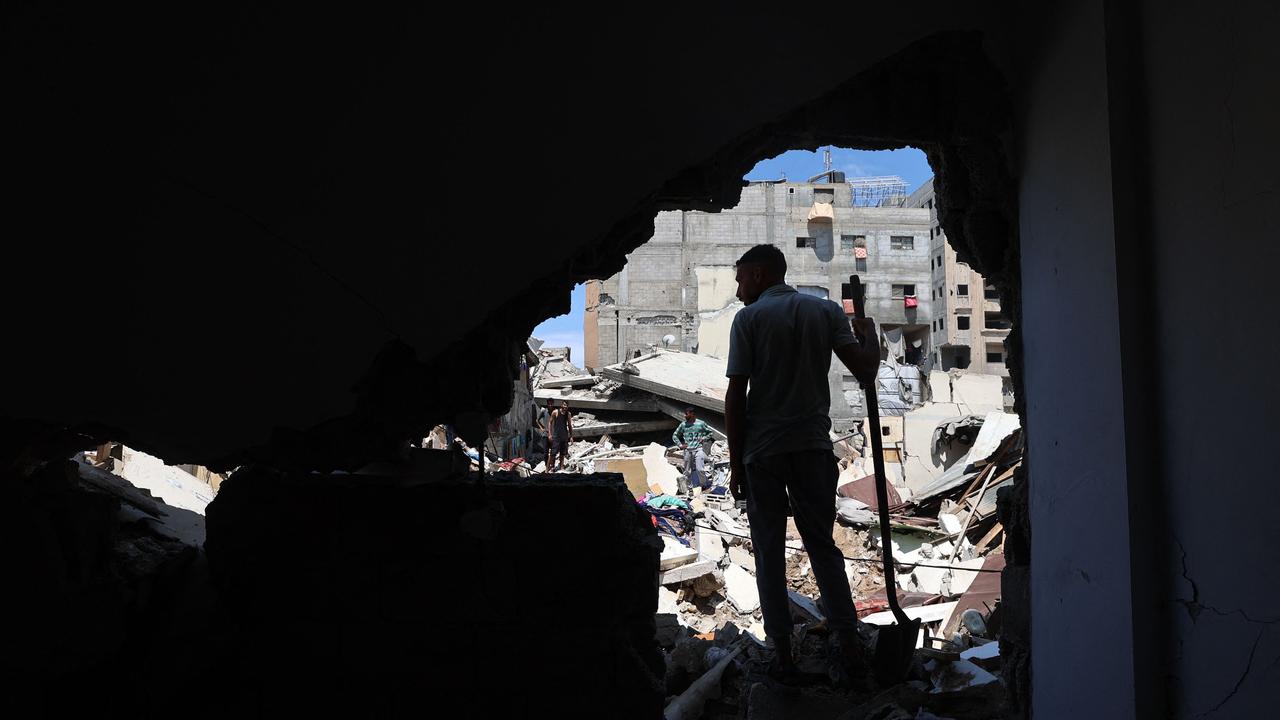
To join the conversation, please log in. Don't have an account? Register
Join the conversation, you are commenting as Logout